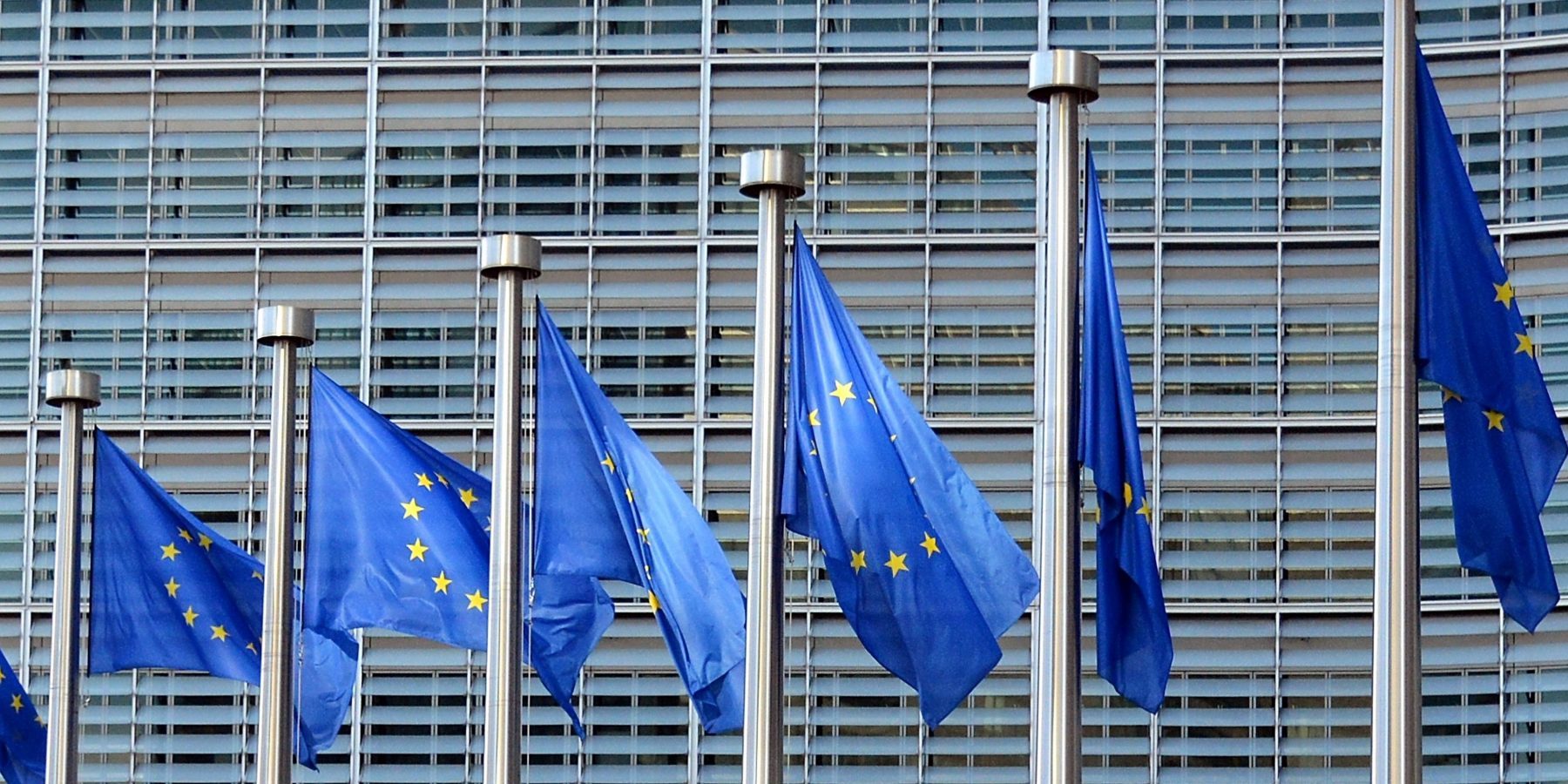
Eurocadres adopts position on combating violence and harassment
We set forward our view on how to improve the draft directive.

The European Commission’s draft directive on combating violence against women and domestic violence is a welcome initiative, with work needed at a European level to reduce the risks facing women, both online and offline on a daily basis. The issue has only been heightened due to the pandemic, with an increase in: contact to helplines for victims of violence against women and domestic violence, demand for specialised support services, reports to law enforcement and in numbers of emergency protection orders issued in cases of such violence, risk factors for violence due to the pandemic, all coupled with a decrease in accessibility of victim support[1]. Guaranteeing minimum standards at a European level is needed to tackle this issue.
Eurocadres have adopted our position on the draft directive, and while we welcome the initiative, there are certain elements of the text which must be improved. We will work with MEPs to ensure the directive does the following:
- Creates the link between domestic violence and work. Domestic violence must be considered a workplace issue when it directly impacts on the victim’s work participation, work ability and safety. This is particularly important when teleworking, given the movement of work organisation from the employers’ premises to an alternative location.
- Provides a definition of adequate counselling services and ensure that potential conflicts of interest between victims and employers do not impact the rights of victims.
- Make clear that occupational health and safety, including protection from violence and harassment at work, must be tackled in consultation with trade unions, social partners and workers’ representatives.
- Provide adequate and specific procedures, policies and practical solutions to prevent and stop violence and harassment at the workplace by ensuring that employers are obligated to implement and update guidelines to prevent and tackle gender-based violence and harassment, including cyber harassment and bullying.
- Ensuring that it is ultimately the responsibility of the employer to guarantee workplace safety and that professional and managerial staff are not held responsible for this protection. To help in both prevention and detection of these risks, professionals and managers should be afforded access to training during working hours.
- Guaranteeing that the prohibition of transferring personal data pertaining to the residential status of victims to migration authorities currently extends to the conclusion of investigations, with a guarantee that victims will not be subjected to deportation until afforded due process and any necessary support.
- Proposing minimum takedown times for platforms sharing sensitive or violent content after a request is submitted.
